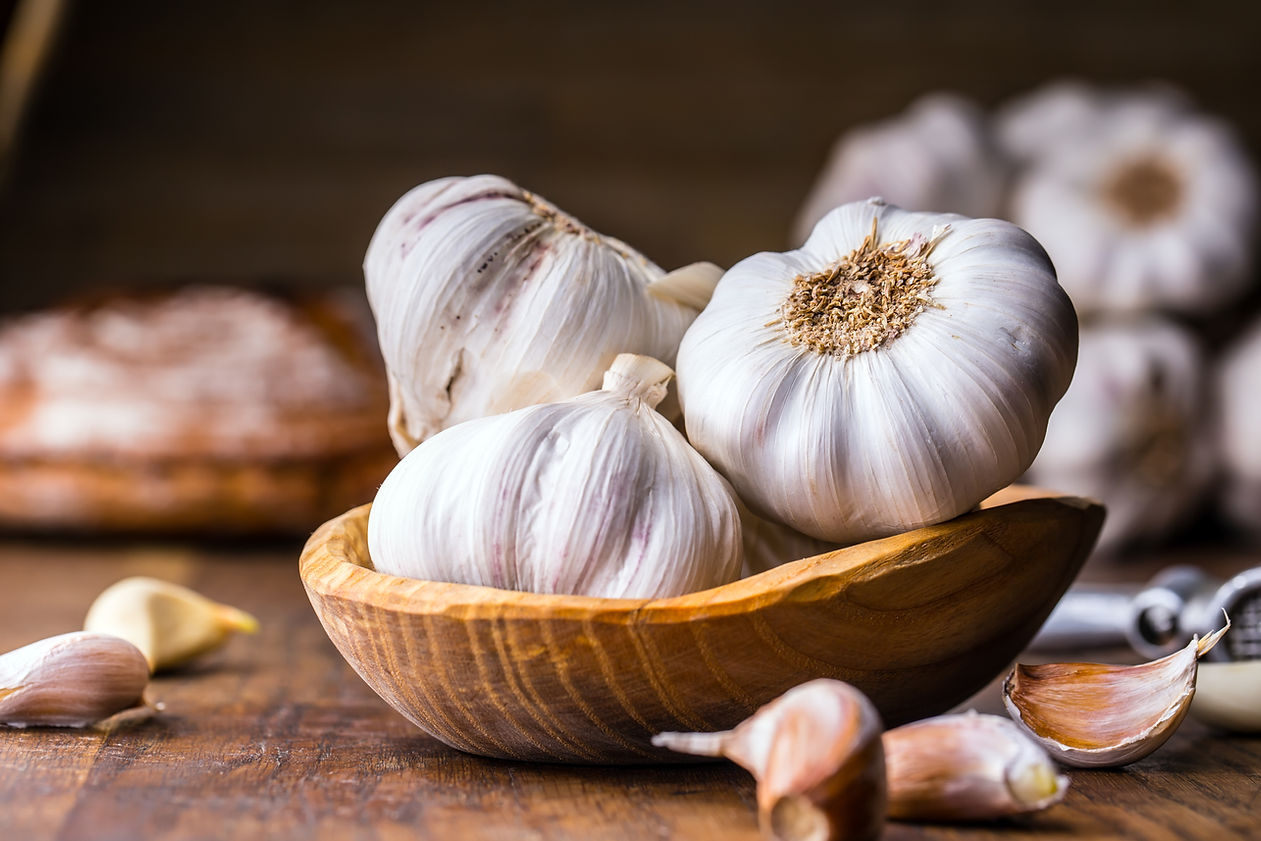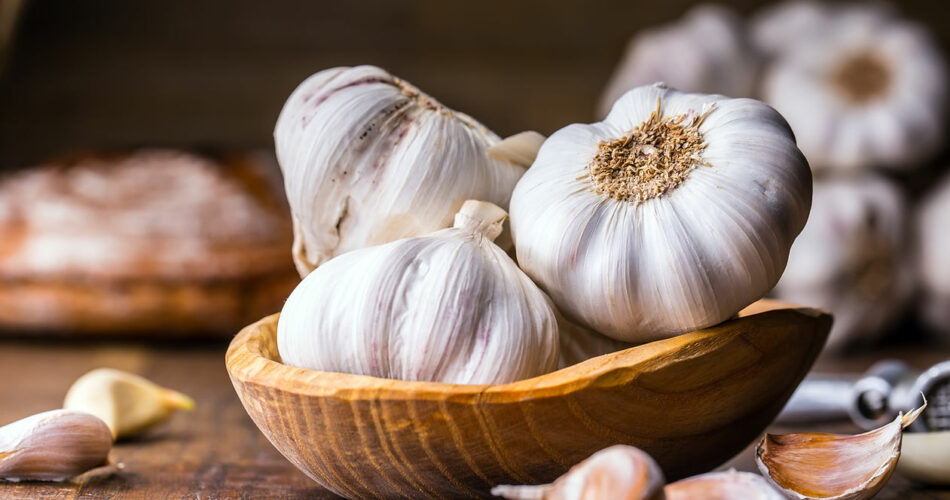Heart disease, cancer, stroke, Alzheimer’s disease, and diabetes are all among the leading causes of death in the US. Anything we can do to prevent these potentially fatal illnesses will help us to live longer and remain healthy and active in old age. Fortunately, several ordinary foods, available in any supermarket, have special properties that can protect us from deadly diseases.
Olive Oil
The monounsaturated fatty acids in olive oil protect against heart disease by lowering levels of total blood cholesterol, LDL cholesterol and triglycerides. The oleic acid, polyphenols and antioxidants in olive oil help to protect against breast, colon, ovarian, and prostate cancers. Studies on rats have shown that olive oil switches off proteins that cancer cells need to stay alive and reduces the effect of an oncogene that turns cells cancerous.

Oats
Oats are effective at lowering LDL cholesterol to help prevent atherosclerosis, strokes and heart attacks. Oats contain a type of soluble fiber called beta-glucan. As oats are digested, the beta-glucan dissolves into a thick gel which binds to cholesterol in the gastrointestinal tract. The cholesterol is then excreted along with the fibre. When cholesterol levels in the gut are lowered, the body removes cholesterol from the bloodstream to aid in digestion. Beta glucan also lowers the risk for type 2 diabetes by helping to stabilize blood sugar levels.

Orange Vegetables
Carrots, sweet potatoes, squash and other orange-colored vegetables are rich in carotenoids. These protective antioxidants can prevent free radicals from damaging cells and the DNA inside of cells, either of which can lead to cancerous growth. They also stimulate the production of white blood cells called Natural Killer Cells that have the ability to recognize and destroy cancer cells. The antioxidant effect of carotenoids also protects against heart disease by preventing the oxidation of LDL cholesterol.
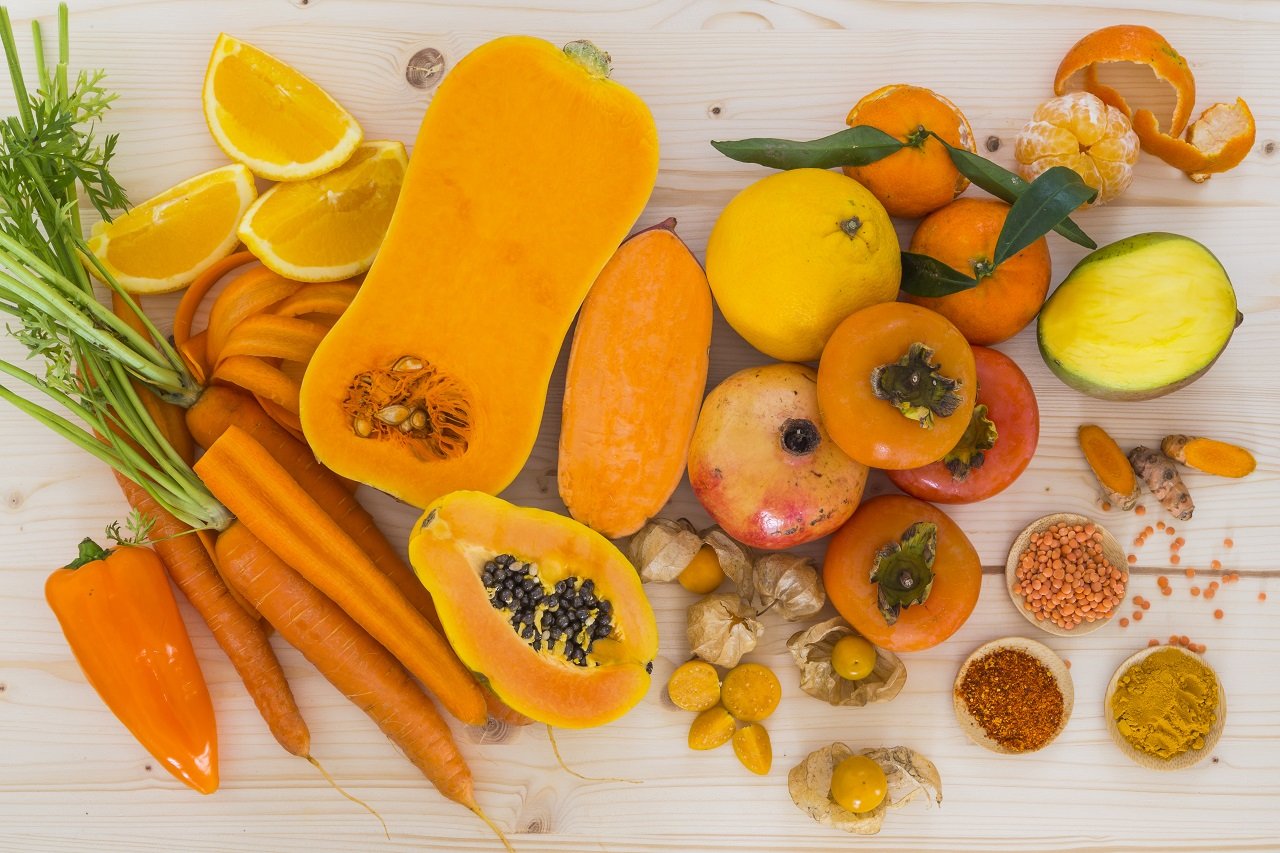
Beans
Kidney, soy, lima, pinto and other beans are good sources of potassium, a mineral that most Americans are deficient in. Potassium seems to have a protective effect against stroke. In one study, participants who ate nine daily servings of potassium-rich fruits and vegetables lowered their stroke risk by 38% compared to people who ate four daily servings. Beans are low on the glycemic index and can help ward off type 2 diabetes by stabilizing blood sugar.
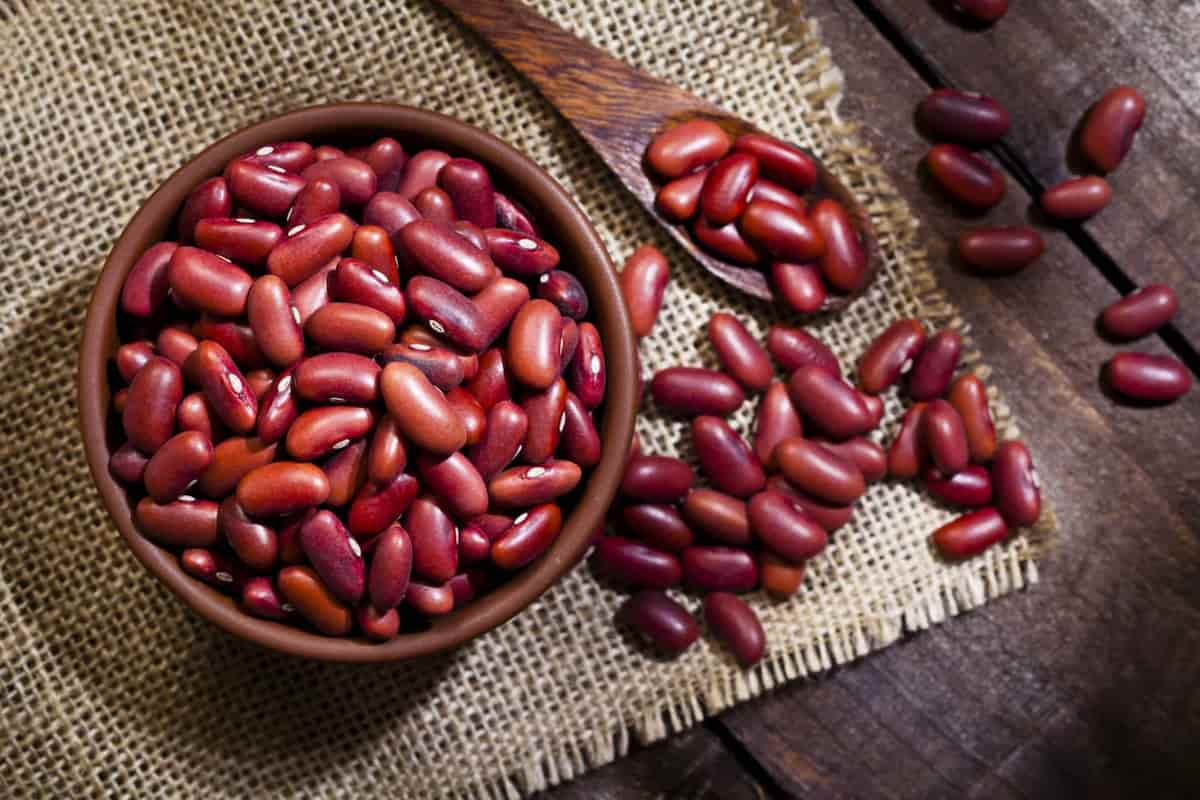
Tomatoes
Tomatoes are the best source of a powerful anti-oxidant called lycopene. Anti-oxidants work to neutralize free radicals, unstable oxygen molecules that can damage cells and cause cancers to develop. Several studies have found that people who eat a diet rich in tomato-based foods have a lower risk for cancers of the lung, stomach, and prostate. Lycopene also helps to prevent the oxidation of LDL cholesterol which leads to the formation of plaque in the arteries.

Oily Fish
Salmon, trout, mackerel, sardines and other oily fish are rich in omega 3 essential fatty acids. Omega 3 reduces inflammation in the body and can help to prevent a wide range of inflammatory diseases including rheumatoid arthritis, hypertension, type 2 diabetes, Alzheimer’s and some cancers. Omega 3 also reduces the risk of stroke and heart disease by lowering cholesterol, reducing atherosclerosis and helping to prevent blood clots from forming.
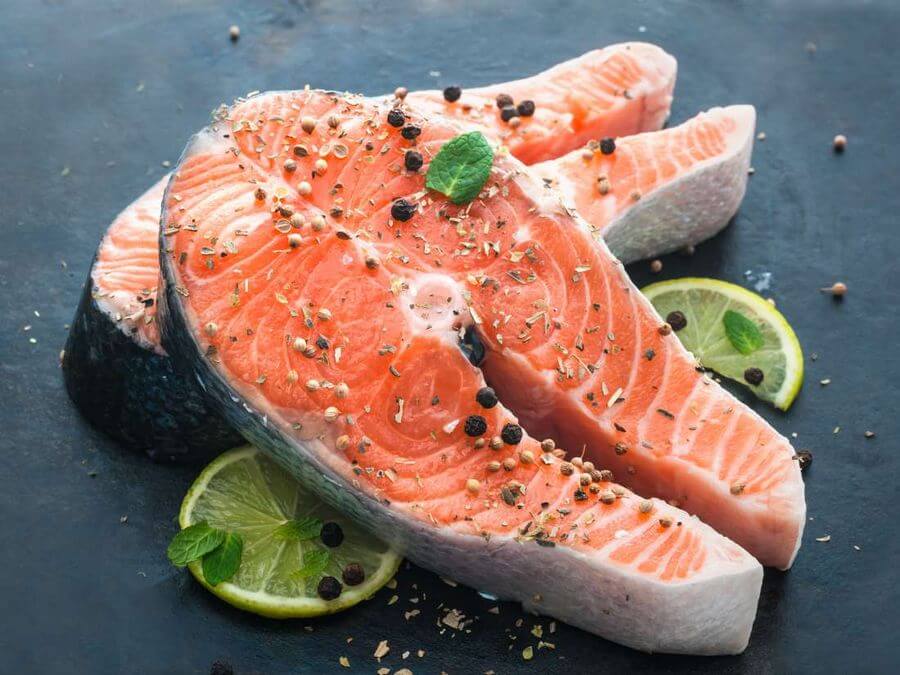
Garlic
Garlic contains a cancer-fighting organosulfur compound called diallyl disulphide. In laboratory studies, diallyl disulphide has been shown to prevent blood vessel formation within cancer cells, inhibit the growth of tumors and induce cancer cell death. Another organosulfur compound in garlic, allicin, helps to prevent heart disease by reducing cholesterol and triglyceride levels, expanding blood vessels and lowering blood pressure.
